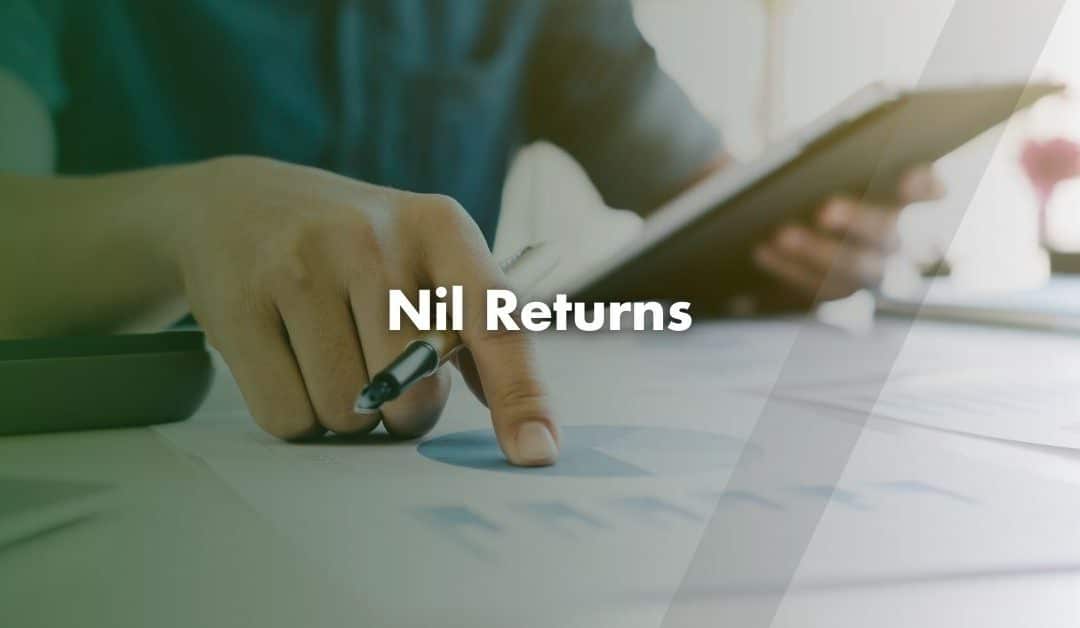If you are VAT-registered in the UK, you must submit a VAT Return every quarter. This rule applies whether or not your business has traded during that period. When you have no VAT to report, you must file a “Nil Return”, also known as a Zero VAT Return.
Read more: Becoming VAT Registered
Read more: What Do I Need to Give My Accountant for My VAT Return?
What is a Nil Return?
A Nil Return is a VAT Return showing no VAT due for the accounting period. This happens when you have no sales or purchases that are subject to VAT. Even if your business has ben inactive, HMRC expects you to submit a return.
Filing a Nil Return confirms to HMRC that you have no VAT to pay or reclaim and that you remain compliant. Many business owners believe that no trading activity means no VAT Return.
This is incorrect. HMRC requires every VAT-registered business to file a quarterly return.
Who Should Submit a Nil Return?
You should file a Nil Return if:
- You are VAT-registered but had no trading activity during the accounting period
- You registered for VAT solely for the VAT MOSS Scheme and remain below the VAT threshold
- You are newly VAT-registered and have not started trading
- You traded before but have temporarily paused operations
If you stop trading for a longer period, HMRC may review your registration status. Until they confirm a change, you must keep filing returns which includes Nil Returns.
How to File a Nil Return
Filing a Nil Return follows the same steps as a standard VAT Return:
- Online via HMRC – Sign in to your VAT account, follow the VAT Return process and enter “0.00” in each box.
- By Post – Fill out the paper VAT Return form with “0.00” in all sections and send it to HMRC in time for the deadline.
- Using Accounting Software – Many platforms let you submit VAT Returns, including Nil Returns, directly to HMRC.
Online filing often offers added benefits; such as email reminders, instant submission receipts and extended deadlines compared to paper returns.
Consequences of Not Filing
Failing to submit your VAT Return on time, even when it is a Nil Return, results in HMRC recording a default. This places your business in a 12-month surcharge periods. Any further delays during this time can lead to higher penalties and an extended surcharge period.
HMRC usually calculate surcharges as a percentage of VAT owed, but late filings can still create administrative issues even if you owe nothing.
Contact Us
We are not just accountants; we are Chartered Accountants with one of the most reputable and premium accounting bodies. We are registered and regulated by ACCA; so you can rest assured that you are in good hands. Knowing this, don’t hesitate to get in touch with us if you require assistance: Pi Accountancy | Contact Us
This article is for general informational purposes only and does not constitute legal or financial advice. While we aim to keep our content up to date and accurate, UK tax laws and regulations are subject to change. Please speak to an accountant or tax professional for advice tailored to your individual circumstances. Pi Accountancy accepts no responsibility for any issues arising from reliance on the information provided.

